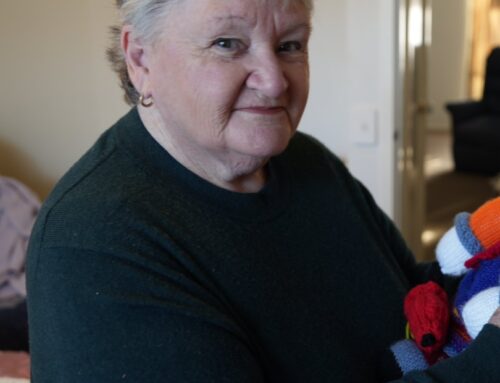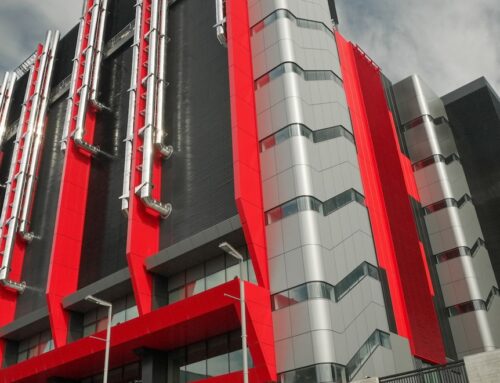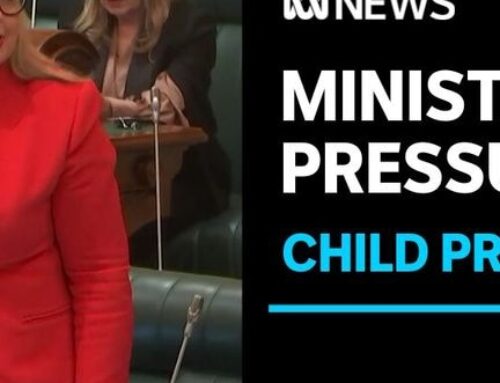The national petroleum titles administrator has knocked back an oil and gas exploration company from extending its work program in the Great Australian Bight, which could have significant implications in any future attempts to renew its exploration leases.
Key points:
- Senator Rex Patrick says NOPTA gave the company continuous extensions which left other industries in limbo
- Australian Southern Bluefin Industry Association researcher Kirsten Rough says the local industries are relieved
-
A spokesperson for the Department of Industry, Science, Energy and Resources says they make evidence-based and informed decisions
In 2011, two exploration permits were given to Bight Petroleum which covered approximately 8,500 square kilometres within the Duntroon Sub-basin, near Port Lincoln and Kangaroo Island in South Australia.
It comes almost a year after Norwegian company Equinor abandoned its plans to drill for oil in the Great Australian Bight.
Independent senator Rex Patrick has welcomed the National Offshore Petroleum Titles Administrator’s (NOPTA) decision saying after a decade the administrator has finally “woken up.”
“Whilst these companies get continuous extensions, other industries like the fishing industry and the tourism industry can’t invest,” Senator Patrick said.
“There’s uncertainty created by these continual extensions, and I think they’ve [NOPTA] listened.”
The senator said the knockback could mean the company now had to complete a whole range of work like seismic testing and drilling an exploration well in an unachievable timeframe by July this year.
Tuna industry relieved
Australian Southern Bluefin Industry Association researcher Kirsten Rough said the local industries were relieved after hearing the decision.
“These two permits have been renewed multiple times in the last 10 years,” Ms Rough said.
The researcher said the prospects of seismic surveys, which involves blasting the seafloor with high-powered airguns to measure echoes to help map offshore oil and gas reserves, caused concern for the tuna industry.
Ms Rough said they had the first large-scale, long-term 3D seismic surveys in the Great Australian Bight in 2012.
“After that time, for the first time ever, the fish didn’t show in the areas where we’d been fishing them for decades,” Ms Rough said.
“Since 2012, the fish are continuing to follow that same migratory path, but what’s changed is — where they used to stop in the central Bight south of Streaky Bay, they now just keep swimming.
Pressure on NOPTA
Senator Patrick said there had been a “decade of rubber-stamping lease renewals”.
He said he initiated a series of freedom of information requests seeking explanations for NOPTA’s suspensions and extensions on Bight Petroleum’s exploration permits.
“We don’t want to have a situation where companies give a tenement somewhere around Australia and then they just sit on it, creating uncertainty for everyone else,” Senator Patrick said.
A spokesperson for the Department of Industry, Science, Energy and Resources said a decision on an application was made jointly by the State or Territory Minister and the Commonwealth Minister or their delegates.
“The Great Australian Bight is a remote, frontier area, and as such, the joint authority makes an informed, evidence-based decision about the progress of exploration in such areas.”
Bight Petroleum has been contacted for comment.





